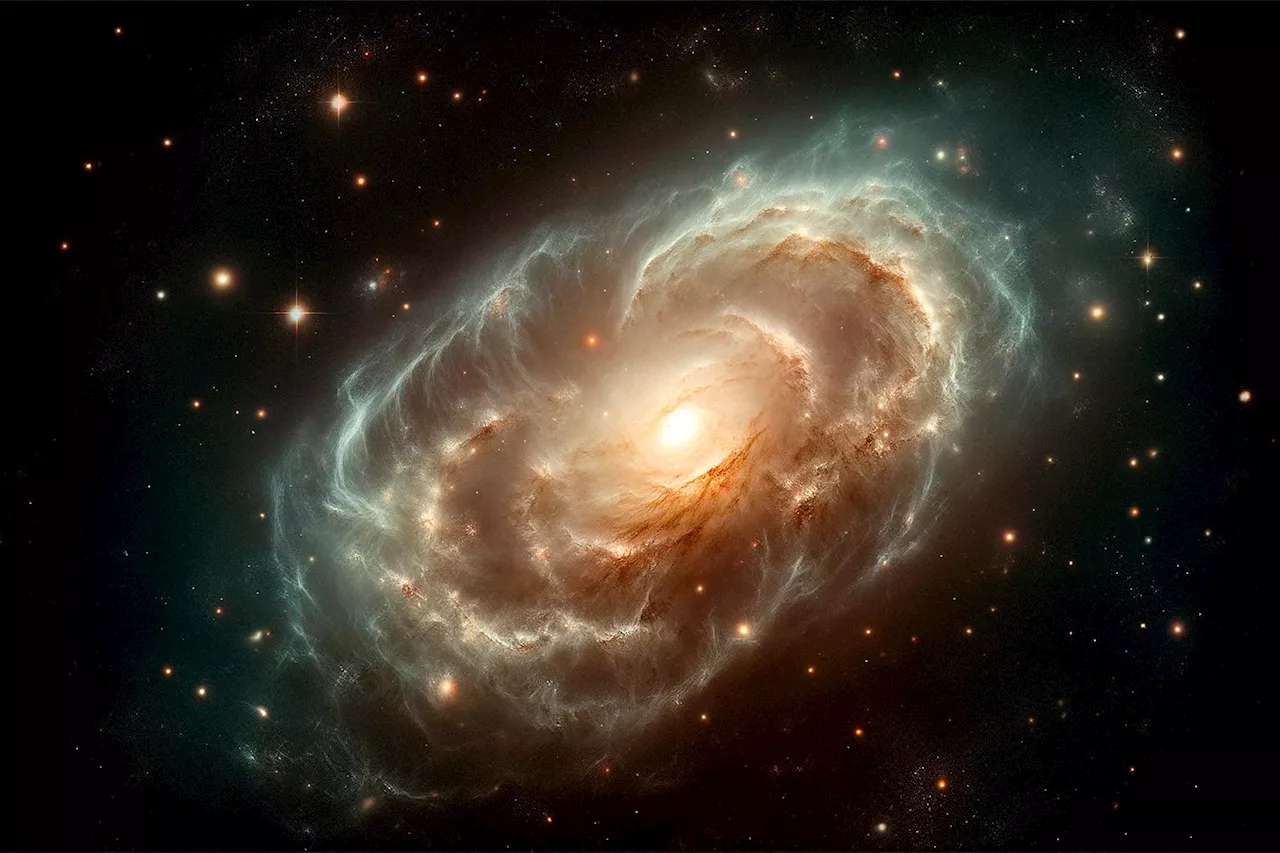Science, Space and Technology News 2024
Researchers have discovered the oldest ‘dead’ galaxy, observed 13 billion years after its star formation ceased, using the James Webb Space Telescope. This finding challenges existing theories about galaxy evolution and star formation in the early universe. Credit: SciTechDaily.comA galaxy that suddenly stopped forming new stars more than 13 billion years ago has been observed by astronomers.
“It’s only later in the universe that we start to see galaxies stop forming stars, whether that’s due to aor something else,” said co-author Dr. Francesco D’Eugenio, also from the Kavli Institute for Cosmology. Astronomers believe that star formation can be slowed or stopped by different factors, all of which will starve a galaxy of the gas it needs to form new stars. Internal factors, such as a supermassive black hole or feedback from star formation, can push gas out of the galaxy, causing star formation to stop rapidly. Alternatively, gas can be consumed very quickly by star formation, without being promptly replenished by fresh gas from the surroundings of the galaxy, resulting in galaxy starvation.
United States Latest News, United States Headlines
Similar News:You can also read news stories similar to this one that we have collected from other news sources.
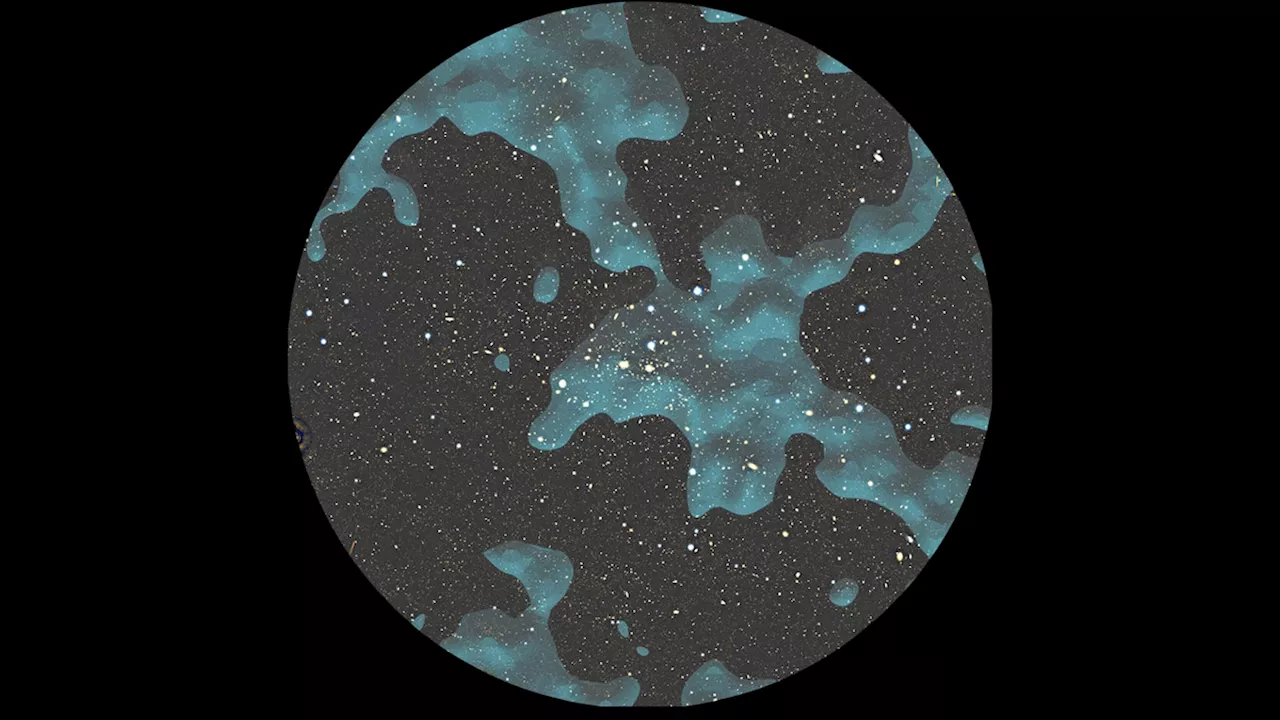 Dark matter detected dangling from the cosmic web for 1st timeRobert Lea is a science journalist in the U.K. whose articles have been published in Physics World, New Scientist, Astronomy Magazine, All About Space, Newsweek and ZME Science. He also writes about science communication for Elsevier and the European Journal of Physics. Rob holds a bachelor of science degree in physics and astronomy from the U.K.
Dark matter detected dangling from the cosmic web for 1st timeRobert Lea is a science journalist in the U.K. whose articles have been published in Physics World, New Scientist, Astronomy Magazine, All About Space, Newsweek and ZME Science. He also writes about science communication for Elsevier and the European Journal of Physics. Rob holds a bachelor of science degree in physics and astronomy from the U.K.
Read more »
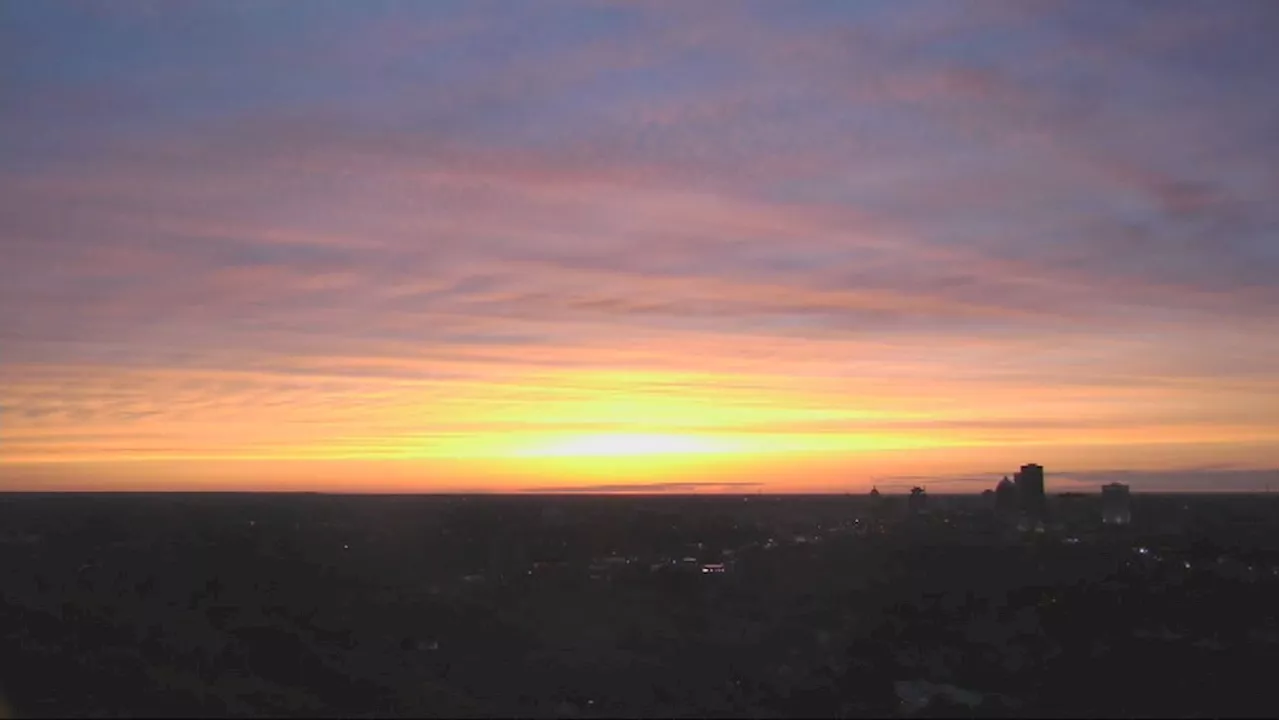 Time to spring forward: Tips from an expert for the return of Daylight Saving TimeSome people love it. Some people hate it, but Daylight Saving Time still begins this weekend. Clocks will spring forward an hour.
Time to spring forward: Tips from an expert for the return of Daylight Saving TimeSome people love it. Some people hate it, but Daylight Saving Time still begins this weekend. Clocks will spring forward an hour.
Read more »
 Daylight Saving Time Headache: How To Avoid Time Change MigraineA. Pawlowski is a TODAY health reporter focusing on health news and features. Previously, she was a writer, producer and editor at CNN.
Daylight Saving Time Headache: How To Avoid Time Change MigraineA. Pawlowski is a TODAY health reporter focusing on health news and features. Previously, she was a writer, producer and editor at CNN.
Read more »
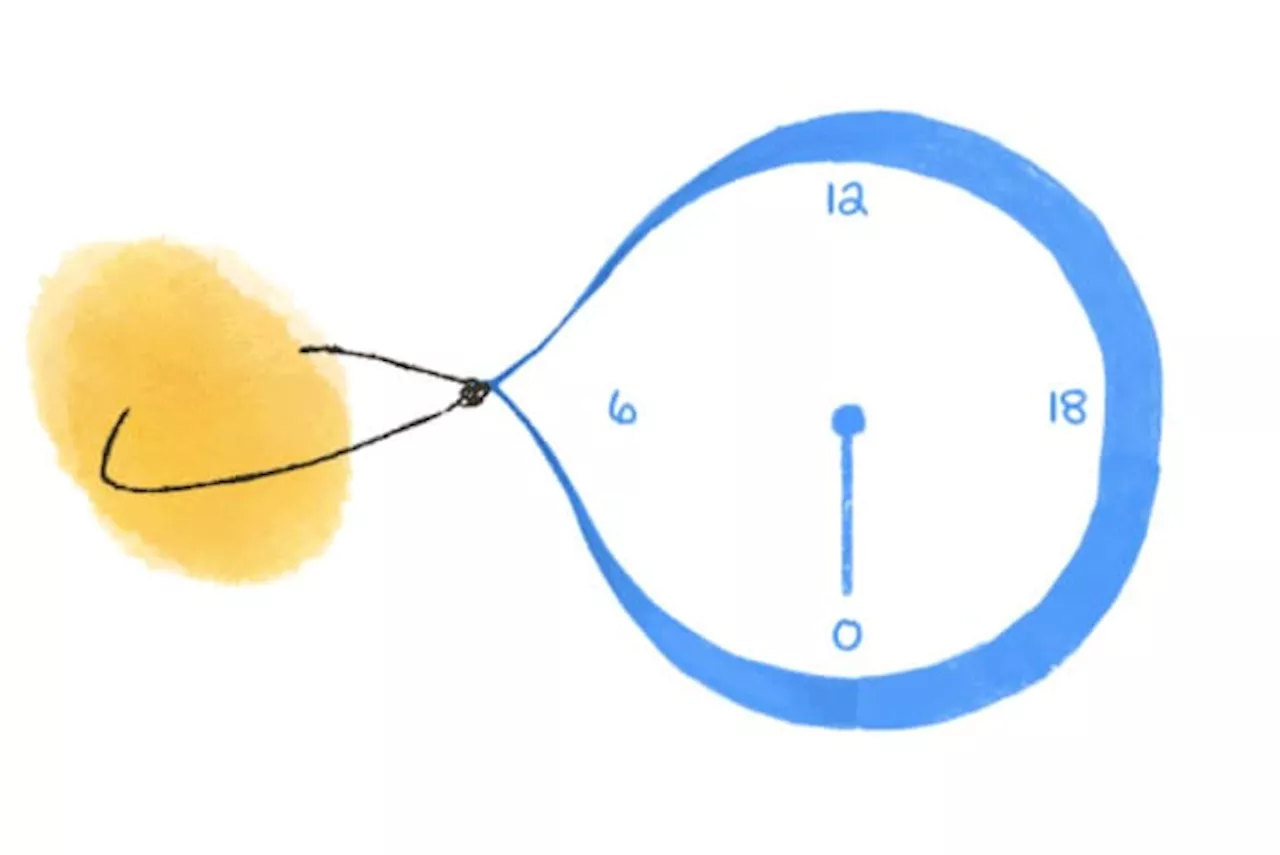 Why daylight saving time is worse for your body than standard timeDaylight saving time gives us more light at the end of the day to enjoy spring and summer activities, but it can have a negative impact on our health.
Why daylight saving time is worse for your body than standard timeDaylight saving time gives us more light at the end of the day to enjoy spring and summer activities, but it can have a negative impact on our health.
Read more »
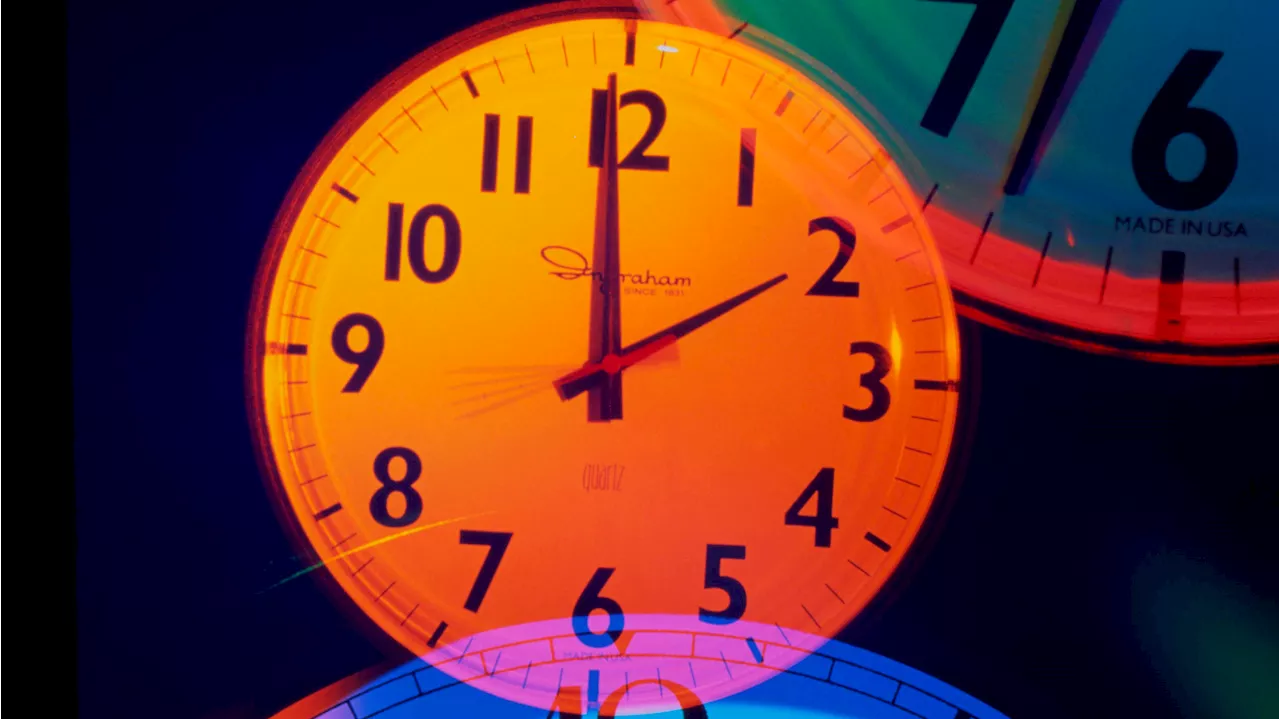 With hours left until the time changes, here's what to know about daylight saving timeYou might feel a little more tired than normal come Sunday morning. But sleepiness will come with a trade off.
With hours left until the time changes, here's what to know about daylight saving timeYou might feel a little more tired than normal come Sunday morning. But sleepiness will come with a trade off.
Read more »
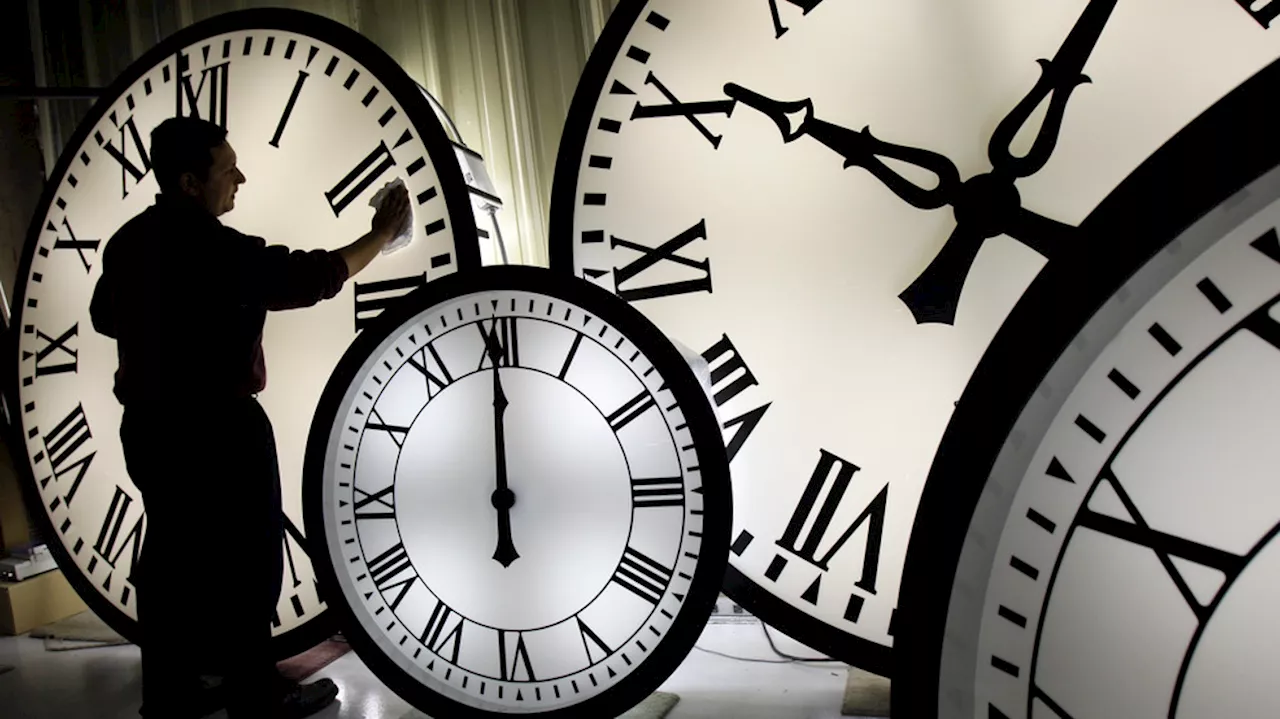 Time to spring forward: How to make the most of the return of daylight saving timeSome people love it. Some people hate it. But daylight saving time still began this weekend.
Time to spring forward: How to make the most of the return of daylight saving timeSome people love it. Some people hate it. But daylight saving time still began this weekend.
Read more »
